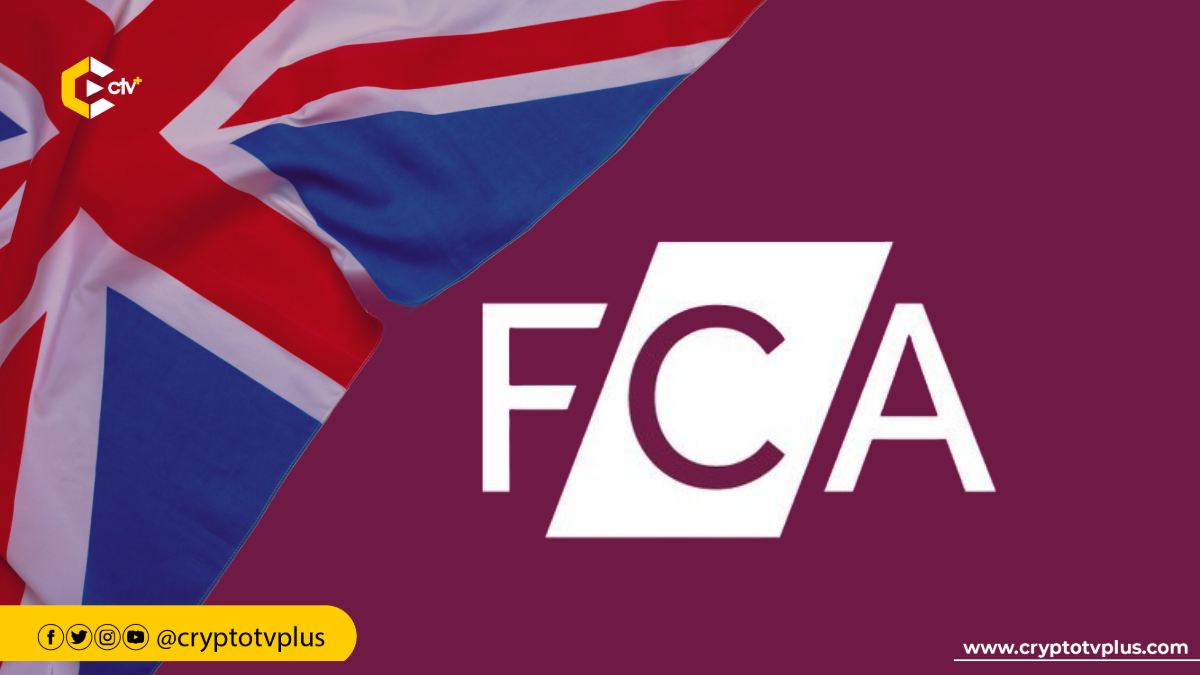News
UK crypto ownership reaches new heights as FCA plans rules

The Financial Conduct Authority (FCA) has revealed that cryptocurrency ownership is growing in the UK. Its latest report shows that 12% of UK adults now own some form of cryptocurrency, up from 10% in previous studies. Awareness of crypto is also on the rise, increasing from 91% to 93%.
The average value of crypto held by owners has grown, with holders now typically owning assets worth £1,842, up from £1,595. According to the report, most people who haven’t bought crypto said their main source of information was family and friends, although only 10% admitted to buying without conducting any prior research.
However, the FCA indicated that many consumers misunderstand their level of protection. About one-third of respondents believe they can complain to the FCA or seek financial compensation if something goes wrong with their crypto investments.
In reality, the UK does not yet have robust regulations for the crypto market, and investors face significant risks, including the possibility of losing all their money.
In response to the growing interest in cryptocurrency, the FCA has outlined a roadmap for regulating the sector. This plan includes a series of public consultations to make the regulatory process transparent and to gather input from various stakeholders, including the government, the crypto industry, and consumers.
Matthew Long, who serves as the FCA’s director of payments and digital assets, showed the significance of clear regulations in the cryptocurrency sector.
He explained that these rules are important for creating a safe, competitive, and trustworthy crypto environment in the UK. He added that fostering innovation is a priority, but it must go hand in hand with upholding market integrity and protecting consumers.
This perspective aligns with the FCA’s broader mission of introducing a structured framework for cryptocurrency, ensuring that risks are minimized while encouraging the sector’s growth and development. By involving government bodies, international partners, and industry stakeholders, the FCA aims to establish a balanced approach that supports both innovation and safety.
The roadmap is designed to ensure that future rules are well-informed, flexible, and able to adapt to the fast-changing nature of the crypto market.
The UK’s approach to cryptocurrency has evolved significantly over the years, reflecting both the growing adoption of digital assets and concerns about their risks. In the early 2010s, as Bitcoin and other cryptocurrencies began gaining attention, UK regulators, including the Financial Conduct Authority (FCA), took a cautious stance.
Initial communications were largely focused on warning consumers about the risks of investing in unregulated digital assets. These warnings highlighted issues such as market volatility, fraud, and lack of consumer protection.
As crypto adoption grew, the UK began formalizing its approach. In 2018, the FCA created a Cryptoasset Taskforce alongside HM Treasury and the Bank of England to assess the opportunities and risks of crypto. The task force emphasized the need for stronger regulations to combat issues like money laundering and terrorism financing.
By 2020, the FCA implemented a registration requirement for crypto businesses under anti-money laundering (AML) regulations. Companies offering crypto services had to comply with these rules or risk being shut down. The UK also banned the sale of crypto derivatives to retail investors, citing their high risk and speculative nature.
As cryptocurrencies became more mainstream, the FCA ramped up efforts to protect consumers. In 2021, it issued warnings about crypto firms operating without proper registration, including high-profile platforms like Binance. The regulator also launched campaigns to educate the public about the risks of crypto investments.
Meanwhile, the UK government began exploring the potential for a Central Bank Digital Currency (CBDC), dubbed “Britcoin.” This initiative, led by the Bank of England, aims to modernize payments and provide a state-backed digital currency alternative to private cryptocurrencies.












